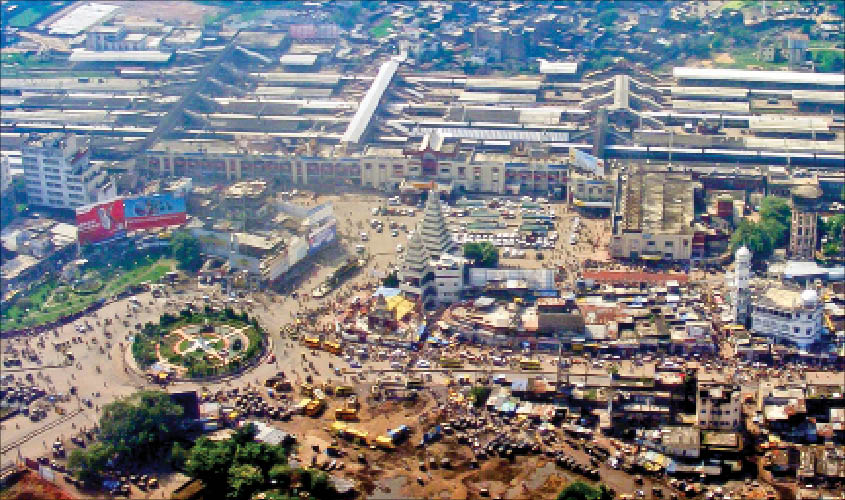Abdullah Khan’s debut novel is about a Muslim family struggling to make ends meet, and about the burden of religious identity. The book offers a vivid portrait of 1990s Patna, writes Isha Aggarwal.
It is not often that one comes across a coming-of-age portrait of a boy belonging to the lower middle-class Muslim family in the provincial landscape of Patna. Abdullah Khan’s debut novel charts the trajectory of one such boy, Arif Khan—an IAS aspirant, a poet, a dreamer, a lover. However, the narrative goes much beyond that.
Through the eyes of Arif Khan, the author brings to life the predicament of the Muslim community in the Bihari hinterland. Set in the momentous decade of the Nineties, the book encompasses events like the demolition of Babri Masjid, Bombay riots, Gujarat riots etc.—events that marred the psyche of the Muslim community and deepened the fractured lines across the nation.
Patna Blues is the story of the hopes and aspirations of an IAS aspirant, and also of his failures and disappointments. In anticipation of rising up the social ladder and to bring an end to his familial and financial troubles, Arif Khan spends his 20s preparing for the prestigious Civil Services Examination like many of his peers.
Further complicating his life, Arif becomes enamoured with an older, married woman, Sumitra, belonging to another religion, thus bringing into the equation a Hindu-Muslim issue. Lonesome and bored, Sumitra encourages Arif’s advances, which also becomes the cause for his undoing, to an extent. Devoured by his desire, Arif loses his focus.

By Abdullah Khan; Publisher: Juggernaut ; Pages: 296; Price: Rs 499
However, his love for Sumitra doesn’t stop Arif from passing a judgment upon Abida Begum, who defies societal conventions by committing adultery with a Hindu man. “What kind of a shameless woman is this? Arif thought. He did not like the idea of humiliating a woman publicly but he also didn’t like the way Abida defied the Emarat Committee. At least she should show some remorse for what she has done.” Ultimately, a product of his society, Arif stops short of challenging the regressive mores of society. It is Arif who persuades his father not to flout societal rules and to pay the dowry for his sister’s marriage as the breaking of the engagement would make it difficult to find another suitor for her.
In the meantime, Arif’s aspirations and dreams come to a naught. He fails to clear the ultimate hurdle while his friend Mritunjay clears the examination, thus making Arif’s failure even
Parallel to the story of Arif is the story of Arif’s brother, Zakir. An upcoming actor, Zakir leaves for Mumbai only to find exploitation and disappointment in the city of dreams. Ending up at the bottom of the hierarchy—an extra—Zakir ultimately returns home with shattered dreams. The heartbreak suffered by Arif and Zakir is aggravated by the diminishing status of Arif’s father in the police force, who pays for being an honest officer in an otherwise corrupt department and is posted to a Naxal-infested area. As Arif’s father resigns from the service, the family is reduced to penury. Sadness looms large over the narrative.
Written in a simple and lucid style, Patna Blues is an engaging tale of the lives of a conventional Muslim family struggling to make ends meet while dealing with the larger issue of identity. The otherwise smooth narrative is, at times, marred with random incidents just to bring home the distrust between the Hindus and Muslims. In one such episode, Arif’s father comes home livid as another officer from the National Intelligence Department has refused to hand over the file to him since he is a Muslim. The file contains information about the ISI’s activities in Bihar. The incident ends as arbitrarily as it begins and serves no purpose in the overall narrative.
The trials and tribulations of Arif end on the note of hope. The ending seems to be a bit erratic, leaving the reader with several unanswered questions. Peppered with Urdu couplets, the novel is not just a portrait of Arif’s life, but also of Patna. With vivid descriptions of local legends like river ghosts and infamous places, Patna Blues gives readers glimpses into a city that few have known this closely.

